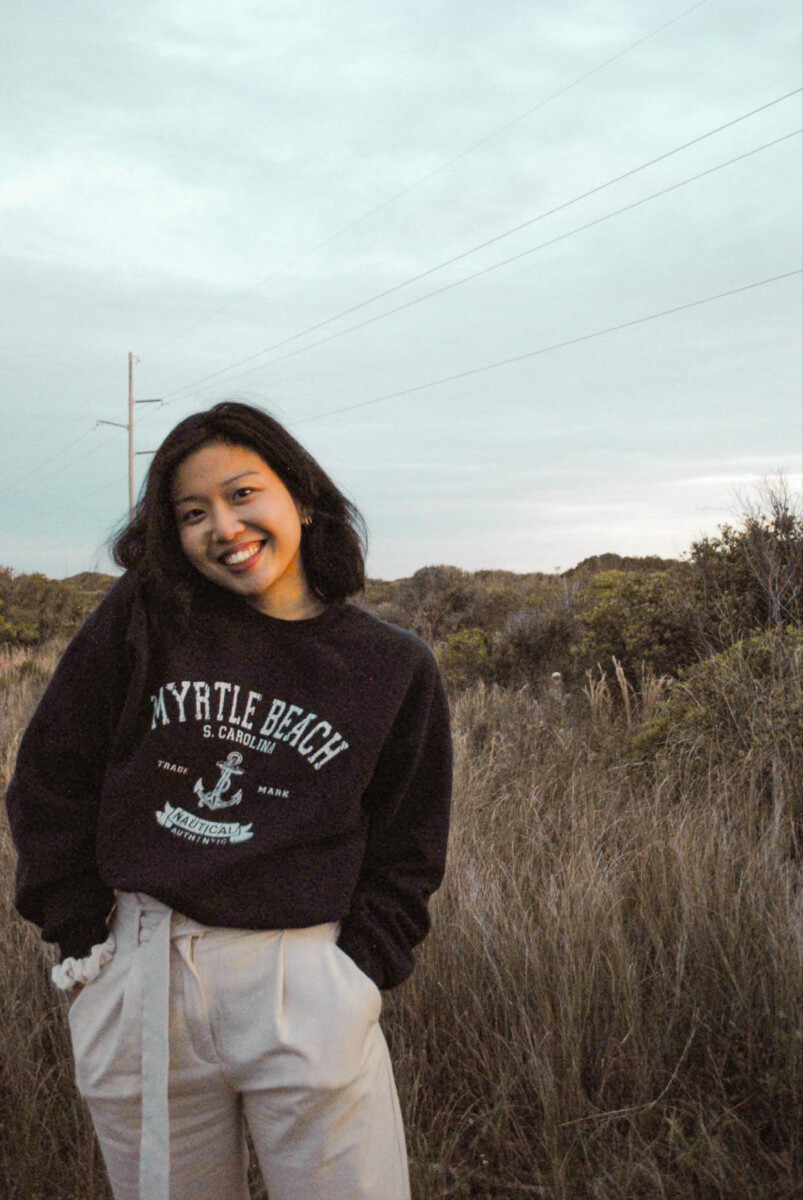As Asian Americans and Pacific Islanders (AAPI) Heritage month came to a close, a passage from Dr. Martin Luther King Jr.’s sermon, “When Peace Becomes Obnoxious,” kept ringing in my ears:
... and if peace means this, I don’t want peace.”
1) If peace means accepting second-class citizenship, I don’t want it.
2) If peace means keeping my mouth shut in the midst of injustice and evil, I don’t want it.
3) If peace means being complacently adjusted to a deadening status quo, I don’t want peace.
4) If peace means a willingness to be exploited economically, dominated politically, humiliated and segregated, I don’t want peace. So in a passive, non-violent manner, we must revolt against this peace.
As a Southeast Asian immigrant in the United States, this “peace” often muscles its way obnoxiously into my life. Well-intentioned immigrant mentors and friends have told me to be two, three, four times as experienced, achieving, and qualified as my American citizen peers. Their advice is borne out of their own difficult journey through the impossible obstacles and restrictions of being employed and staying in the United States.
The message is clear: unlike my citizen peers, I have to prove that my continued existence in this country is merited. I must accept that my immigrant status means I have less rights and less value. It means I must bow my head and work hard to be accepted. It means that I should accept job offers that might guarantee my stay here even if they are exploitative in nature.
For the past nine years, I was willing to pay the price. Then, on March 17, the murders of Xiaojie Tan, Soon Chung Park, Hyun Jung Grant, Suncha Kim, Yong Ae Yue, Daoyou Feng, Delaina Ashley Yaun, and Paul Andre Michels broke through. The murderer targeted Asian-owned and -staffed businesses, though he claimed that race was not a factor in his decision. I claim that the dead bodies speak louder than his words.
I remember reading the headlines on my news app on my phone, half-awake, feeling my stomach sink as the words register (which, by the way, is one of the worst ways to wake up). I remember that warm wash of shock and grief that mingled with the feeling that my world had been turned on its head.
The curious thing is, it shouldn’t have been that world changing. Aside from well-documented racism against Asians throughout the history of the United States, since March 2020, violence against Asian Americans and Pacific Islanders (AAPI) has increased by 150%. I saw the horrific videos on social media platforms of elderly Asians — seemingly East or Southeast Asians — being publicly beaten, pushed, or verbally harassed in broad daylight months before the Atlanta shootings. It took violent deaths to finally let this reality sink in.
The days and weeks following dimly passed like a bad dream. As someone who shares both ethnic and gender identities with six of the eight victims, I felt fear like I haven’t felt in a long time. I feared going out of my house. I felt utterly vulnerable and unprepared to protect my own safety. How do you protect yourself when the very thing that makes you vulnerable is who you are and what you look like?
This question is not a novel one to me. Growing up as a triple minority in Indonesia — by ethnicity, religion, and gender — death by violence is a historical risk, waiting for the next political or societal instability to ignite. This is why I wanted so badly to immigrate permanently to the United States.
For the past nine years, the United States has been a place for me where I don’t seem to have to think about that risk. I was willing to bear the broken immigration system, to endure racial stereotypes and microaggressions, if it meant that I didn’t ever have to fear for my life. It seems in an instant, I was forced to face the fact that the small indignities never protected me. They are symptoms of the larger message that my life is less sacred and my dignity more compromisable in these systems of broken immigration and racism. The very same systems allowed for a stranger to pick up his gun, drive to places where he would find people who look like me, and open fire.
I invite you to read the passage from Dr. King’s sermon again. I invite you to ask yourself, whether you are an immigrant or an American citizen, identify as a racial minority or majority, are you living in compliance with this “peace” that tethers on compromising the dignities of God’s beloved creation? If so (because we all do), how do you plan on revolting against this “peace’?

